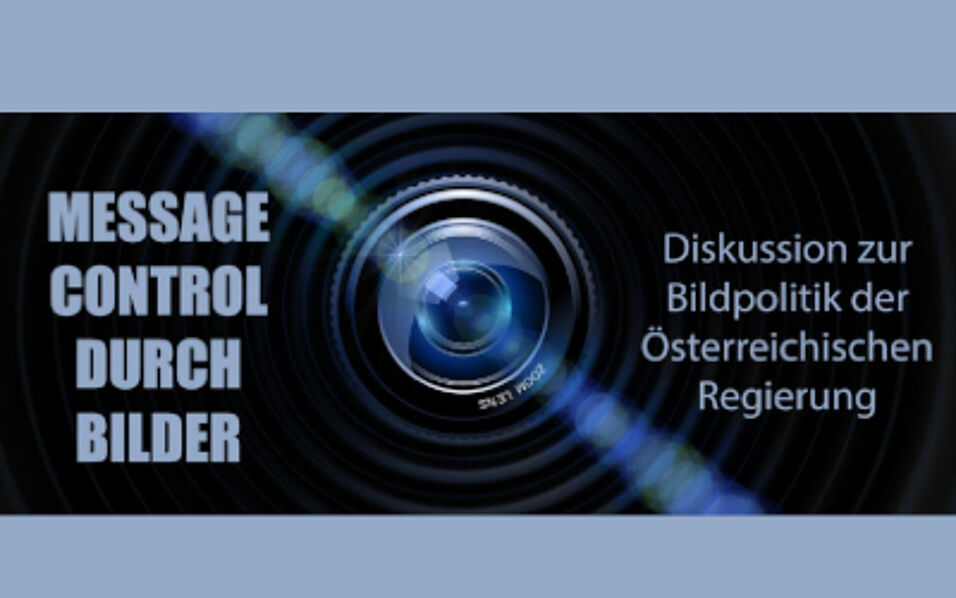Der Begriff „Message Control“ ist seit der Angelobung der türkis-blauen Bundesregierung in aller Munde. Der Kampf um die Themensetzung und Informationshoheit findet jedoch nicht nur mit Worten, sondern auch mit Bildern statt. Dabei ist zu berücksichtigen, dass Bilder Emotionen wecken und sich daher besonders gut zur Imagepflege eignen.
Verzerren die „schönen“ Bilder der Regierung die Realität? Sind sich die Journalistinnen und Journalisten der Bildstrategien der Politik bewusst? Wie sollen unabhängige Medien mit frei zur Verfügung gestelltem Bildmaterial umgehen?
Einführung:
Helge Fahrnberger, Mitbegründer des Medienwatchblogs „Kobuk“
Am Podium:
Petra Bernhardt, Politikwissenschafterin mit Schwerpunkt visuelle Kommunikation, Uni Wien
Jürg Christandl, Fotograf in Wien, u.a. für „Kurier“, „Profil“ und „Wall Street Journal“
Helge Fahrnberger, Mitbegründer des Medienwatchblogs „Kobuk“
Peter Launsky-Tieffenthal, Sprecher der Bundesregierung
Moderation:
Alexander Warzilek, Presserat

